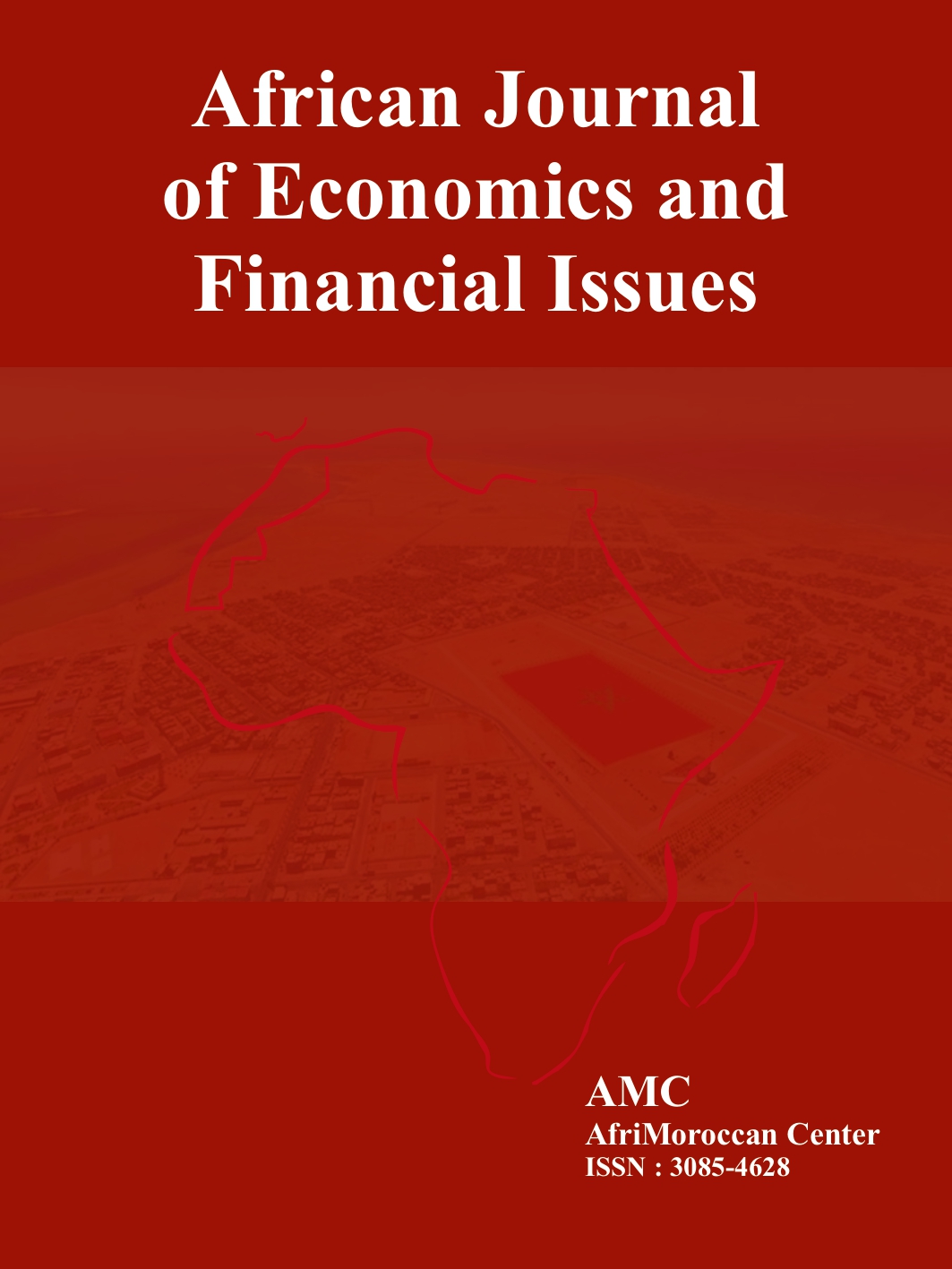- Home
- Archives
- Vol. 1 No. 1 (2025)
- Articles
Impact of education on poverty in Morocco: A computable general equilibrium micro-simulation analysis
Mohamed KARIM
Macroeconomics and Public Policy Research Team, Faculty of Law, Economics and Social Sciences of Salé, Mohammed V University, Rabat, Morocco
Mohamed EL MOUSSAOUI
Macroeconomics and Public Policy Research Team, Faculty of Law, Economics and Social Sciences of Salé, Mohammed V University, Rabat, Morocco
Anass ARBIA
Macroeconomics and Public Policy Research Team, Faculty of Law, Economics and Social Sciences of Salé, Mohammed V University, Rabat, Morocco
Mohammed EL YAZIDI
Macroeconomics and Public Policy Research Team, Faculty of Law, Economics and Social Sciences of Salé, Mohammed V University, Rabat, Morocco
Abstract
This paper uses a micro-simulation computable general equilibrium (CGE) model to assess the impact of public spending on higher education on poverty in Morocco. The model incorporates data from 7063 households from the 2007 National Survey of Household Living Conditions (NSHLC). Two scenarios are studied: a 100% reduction in the unit cost of higher education borne by households, and a 50% reduction in public spending in this area. The study assumes that the investment behaviour of households is influenced by the proportion of the unit cost borne by the government. The results show that exempting households from any unit cost of higher education encourages them to invest more in education, thereby increasing their income, improving their well-being and reducing poverty and inequality. Conversely, reducing public investment in higher education leads to a reduction in household investment in education, leading to a fall in well-being and an increase in poverty and inequality.
Keywords: education, poverty, CGE model, morocco
JEL Classification: C68, I21, I32, O55
Published
May, 2025
How to Cite
arsono, S.N.A.C. et al. 2024. Unveiling the Nexus of Consumer Price Index, Economic Policy Uncertainty, Geopolitical Risks, and Gold Prices on Indonesian Sustainable Stock Market Performance. International Journal of Economics and Financial Issues. 14, 6 (Oct. 2024), 128–135. DOI:https://doi.org/10.32479/ijefi.16685.
